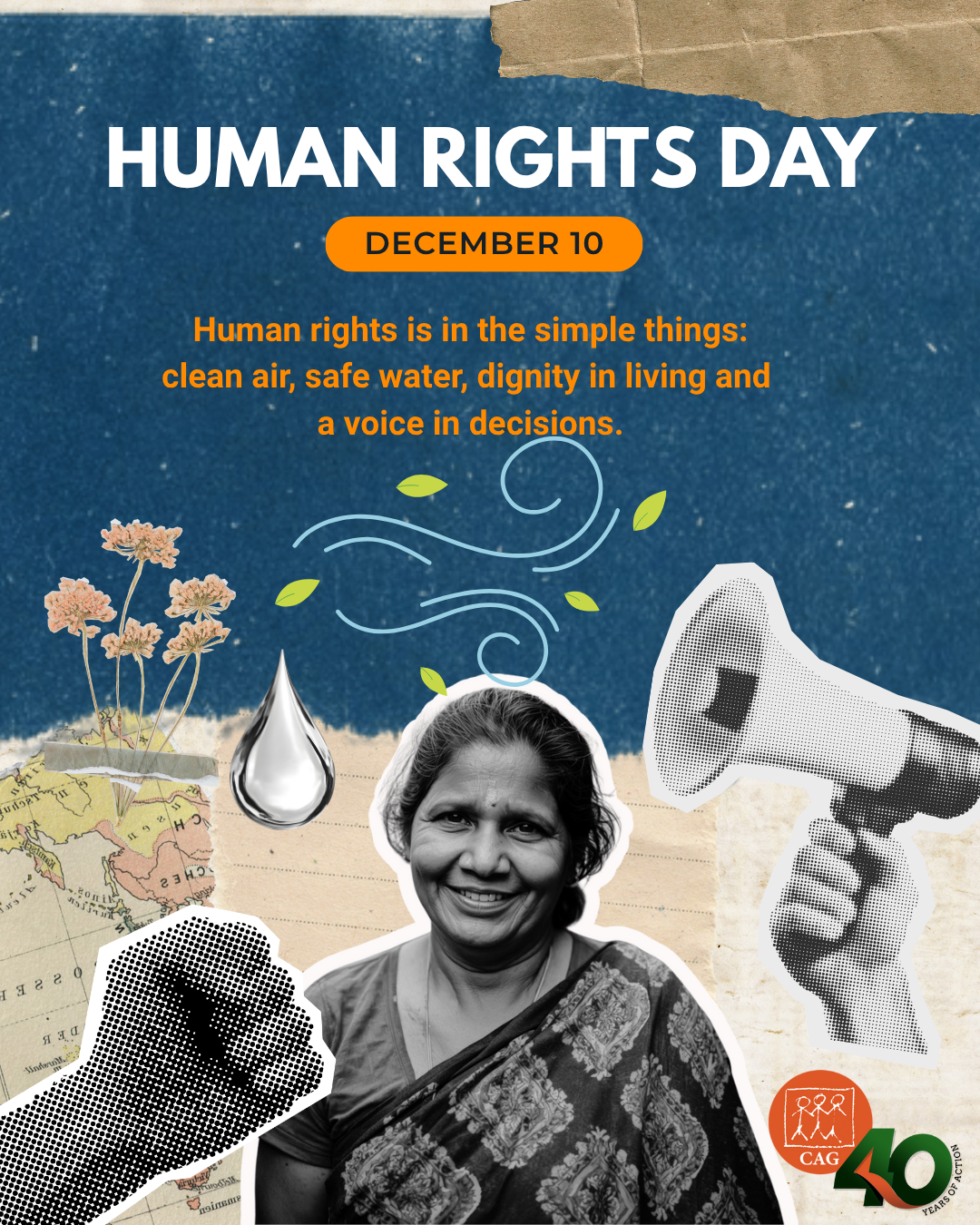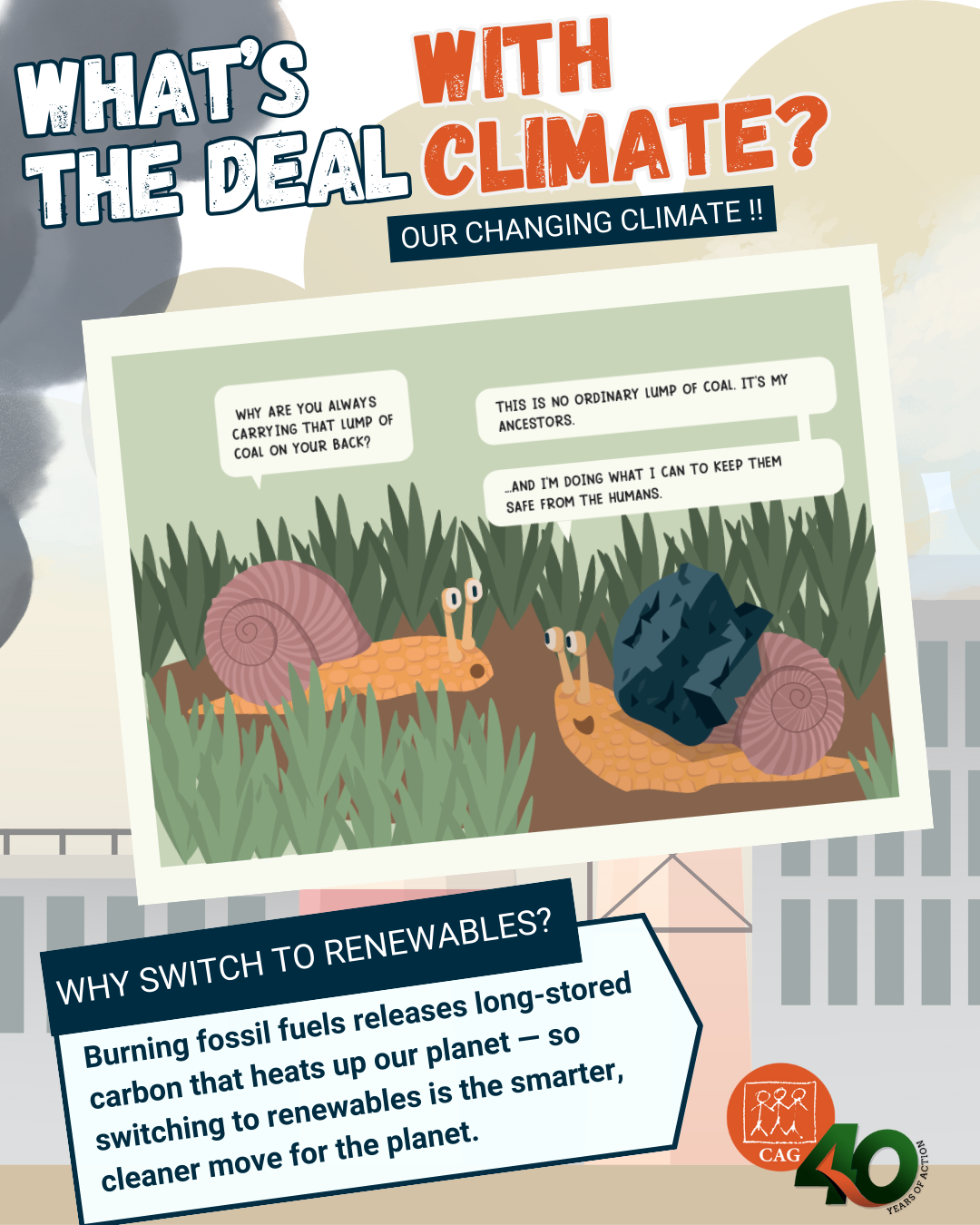World Day of Remembrance for Road Traffic Victims 2025 | Salem
A commemorative program was held at the Government Industrial Training Institute, Salem, on Monday, 24 November 2025 at 10:30 a.m. as part of CAG’s events marking the World Day of Remembrance for Road Traffic Victims.
The event began with a welcome address by Mr. J.M. Boopathi, Founder of the Consumer Rights Movement, who highlighted the importance of road safety awareness and collective responsibility in preventing accidents.


